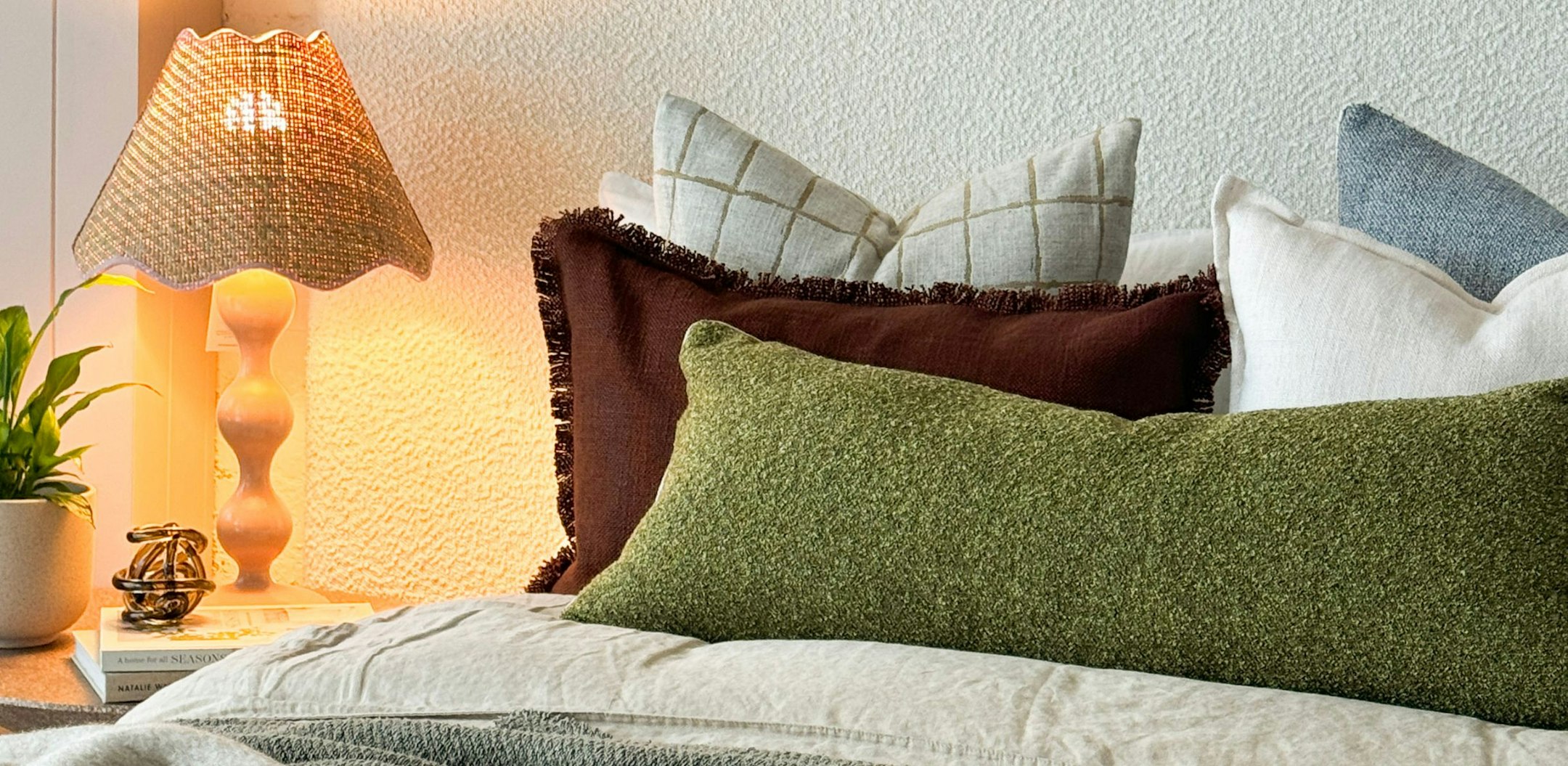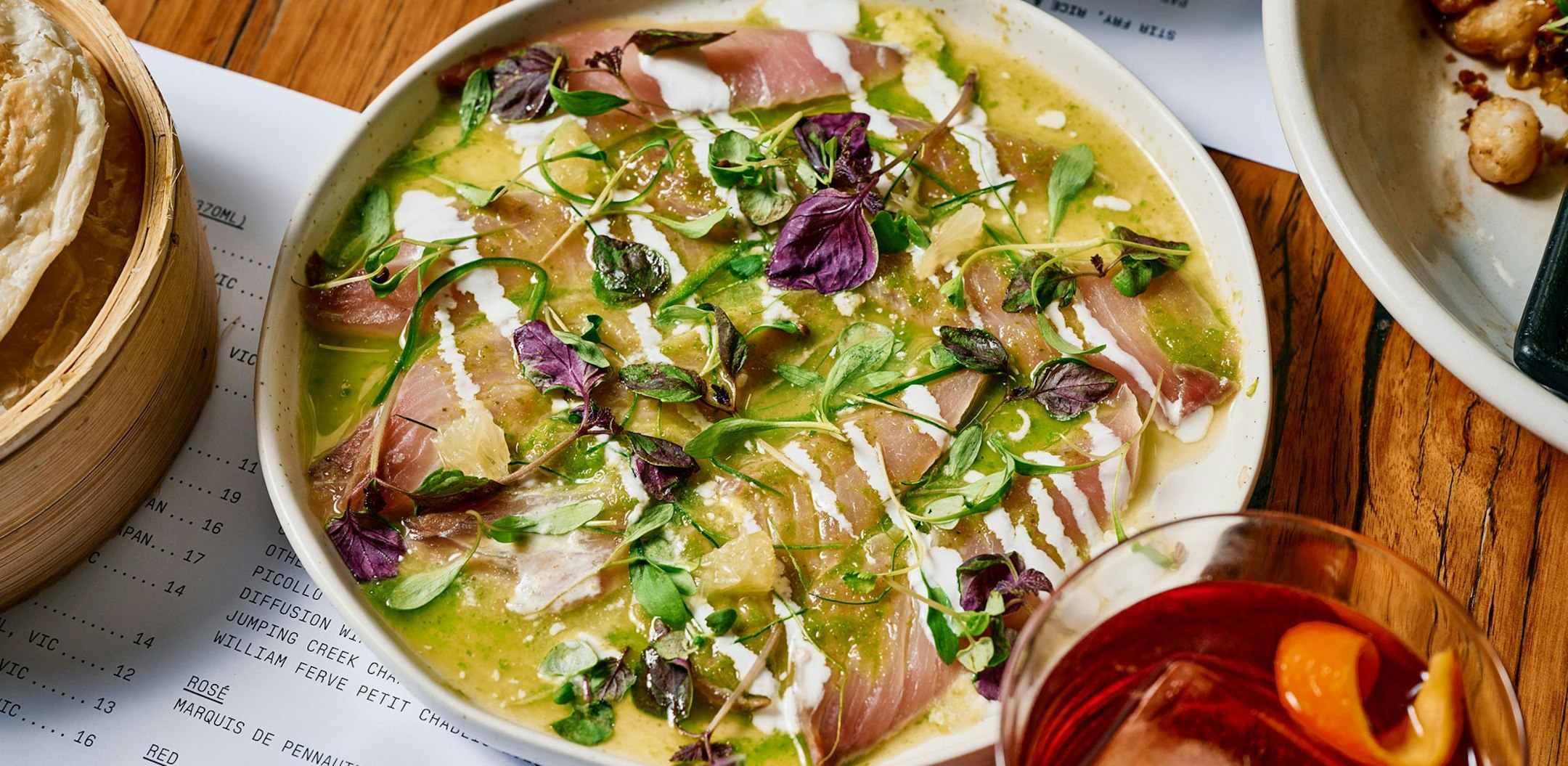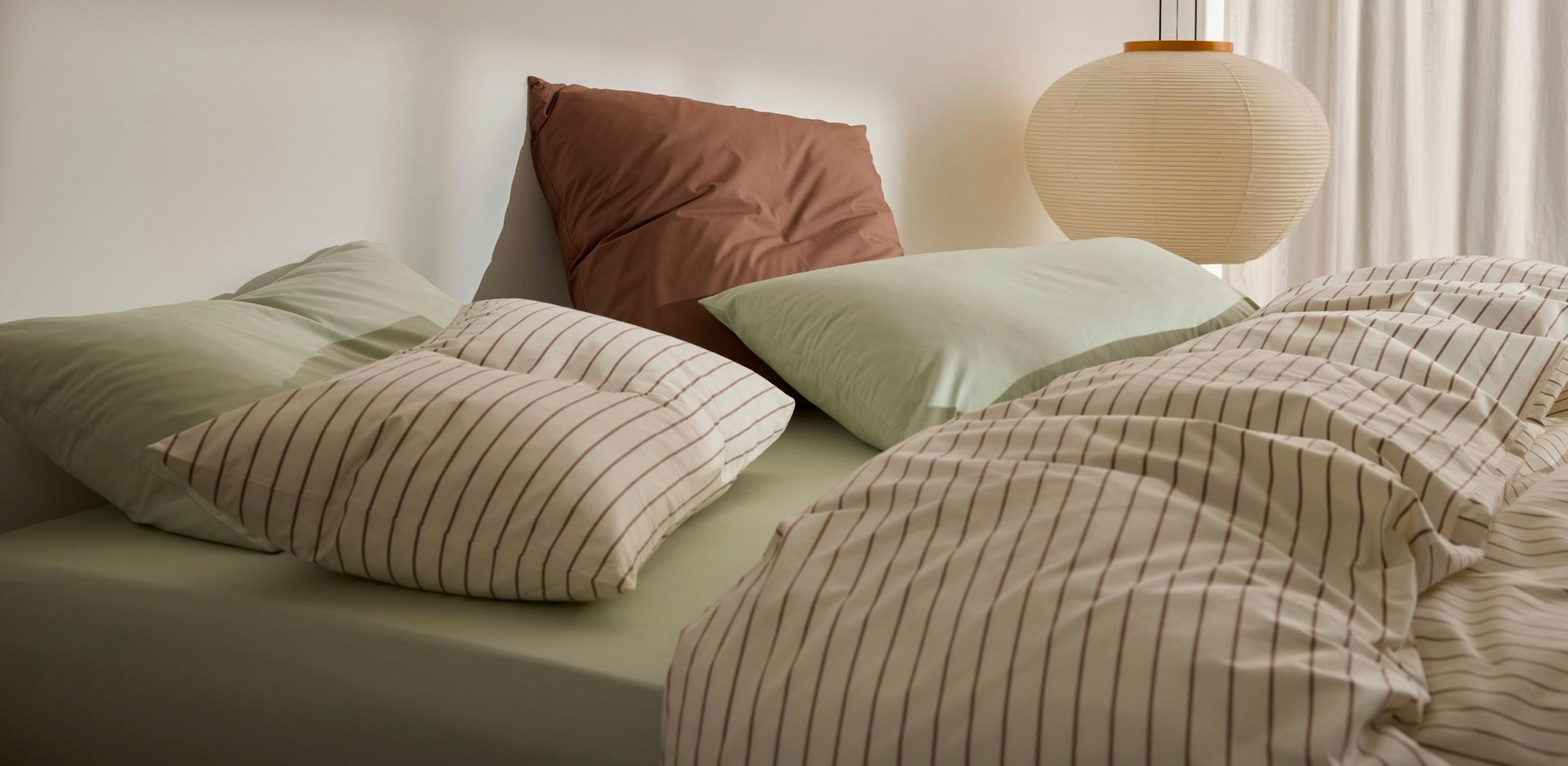In this week’s feature, we talked with Emporean founder Jessica Violani about the company’s inception after identifying a gap in the Australian market for high-quality European homewares. Inspired by their renovation project and travels, Jessica and her husband created Emporean, offering customers sustainable, timeless products with a story.
LifestyleIn conversation with Emporean
Next ArticleIn conversation with Emporean

Crafting a Legacy of European Elegance
14 May 2024
What was the inspiration behind establishing Emporean, and is there a story behind the name?
Emporean was born from our home renovation experience in Potts Point, NSW, when my husband and I discovered that, although Australia offers many outlets for designer European furniture, the availability of high-quality European homewares was limited. Our passion for these items stems from their role in creating lasting impressions and providing the "finishing touches" to a home, such as exquisite table linen, crockery, cutlery, glassware, lighting, and outdoor furniture. These items are both life's necessities and its luxuries. The name Emporean comes from a mash-up of ‘European’ and ‘Emporium’ – we are an emporium of the finest European homewares.
Could you please explain the process for sourcing your homewares and unique artisan products?
We are Europhiles – and Maurizio, my husband, is Italian - so we have frequently travelled to Europe, where we’ve had the opportunity to see and experience many of these brands firsthand. We discover brands through a combination of travel, research, and referrals, word-of-mouth. Many of the initial brands we stocked were ones we stumbled upon during our travels. If we are at a restaurant or hotel and see something beautiful, we always find out who makes it! Once we know the brand, we will contact them, and often, this means video calls in the middle of the night in multiple languages with the founding family. It’s hard work but very satisfying, as you get to spend time with the founders, getting to know who they are, their philosophy, their approach to their craft, and its importance to their community. Importantly, too, each product must be European-designed and made. It’s not enough that it’s designed in Europe. It has to be the real deal.
In what way does an Emporean product represent a piece of design history for buyers?
In most cases, the products we source are the original version of the products or at least part of the original design movement that innovated and developed the aesthetic. For example, the Bitossi plates we stock were the first to use whimsical messages and words on them (e.g., “Ciao Bella” etc.). However, these have now been widely and cheaply imitated. The Richard Ginori range we stock has had design greats such as Gio Ponti or Luke Edward Hall design them – these are some of the giants and emerging stars of the design world, and their work is not only innovative but also beautiful and timeless. Similarly, one of our new brands is Venini glassware, one of the most prestigious and innovative of the Venetian Murano glassware producers. To own one of their vases is to own an object that will not only look good and serve a functional purpose but is in itself an absolute design classic that has been admired and widely imitated. These are heirlooms of tomorrow, and they maintain their value. In the case of vintage Venini, we’re seeing that vintage pricing can, in many cases, cost more than new items.
How does your commitment to selecting high-quality, eco-friendly products reflect your vision for a more beautiful and sustainable future?
The truth is that sustainability starts with buying less. Our view is that this means buying fewer, higher quality items that will stand the test of time. It is about buying items that have been designed and made with such integrity that they transcend momentary fads. They are heirlooms of tomorrow in the sense that they can last many lifetimes. A beautiful set of copper pots or a dinner service are items that can be handed down through generations – and indeed, up until the mid-20th Century, these items would have been. We source items that avoid the built-in obsolescence of many of today’s commercial brands. Rather, we buy items that are timeless and built to last, so, for example, our plates don’t chip easily. In most cases, too, the items are made by family companies in villages and towns where the family, the firm, and the community are inextricably interwoven. These family companies are the original sustainable enterprise, making stunning, high-quality items long before trendy B Corps became a thing. At Emporean, we support and celebrate these artisans for their dedication to their craft, their families, and their communities.
Please expand on your philosophy, “What you buy is who you are.”
As in the rest of life, the decisions we make and the actions we take define who we really are. And the same is true in what and how we consume. We truly believe that caring about the environment and subscribing to an ethos of quality means being more thoughtful and more selective about the objects you buy and use. Our customers are not necessarily affluent. Even if you’re more motivated by cost, the best way to save money is to buy once and buy well – to buy higher quality. This is also the true definition of sustainability. Our customers, instead, share a few things in common. They are certainly interested in beautiful design and originality, they value quality, and they also appreciate the story behind the object – the provenance of the artisan or maker. And they are individuals who celebrate the luxuries in everyday things. A life well-lived, a luxurious life, isn’t necessarily about the beautiful home you may have the fortune of living in. Rather, it’s also about being able to savour the quality of the details when you’re doing something simple such as having a cup of tea or water, to appreciate the beauty and feel of the glassware you’re drinking from, or the texture and design of a tablecloth or cushion next to you. And to enjoy these objects knowing they not only make your life more enjoyable but have been responsibly made and sourced, from a particular community or place in the world that has a story, heirlooms of tomorrow that will last a lifetime.
Can you share your vision for Emporean's progression into the future?
Our vision initially is to grow our customer base by focusing on expanding our offering of high-quality, curated European brands and products, something we are doing almost daily. We are also looking to move into other categories such as candles and perfumes, books, more general giftware, and vintage. We want to cater to more occasions that our customers desire. We will also be launching both a wedding registry offering and a trade offer shortly, something we are very excited about, particularly for interior designers and DIY enthusiasts. In the longer term, we will also look to open showrooms in both Sydney and Melbourne. We are already one of the leading purveyors of European homewares in Australia, and we will look to build on that and grow our presence over time.
To learn more, visit https://www.emporean.com/



